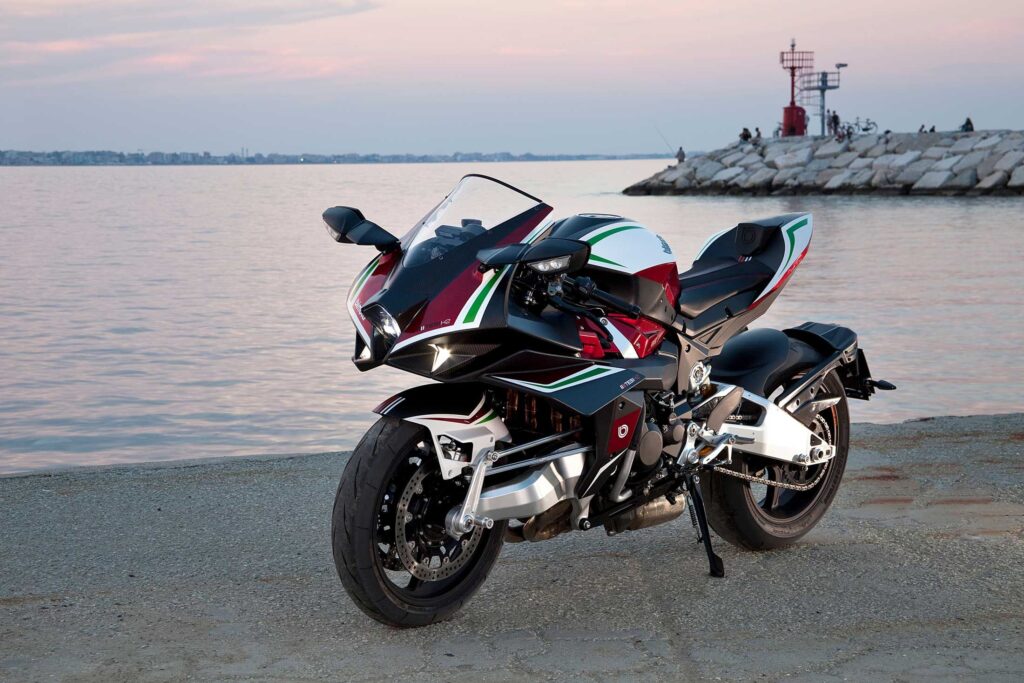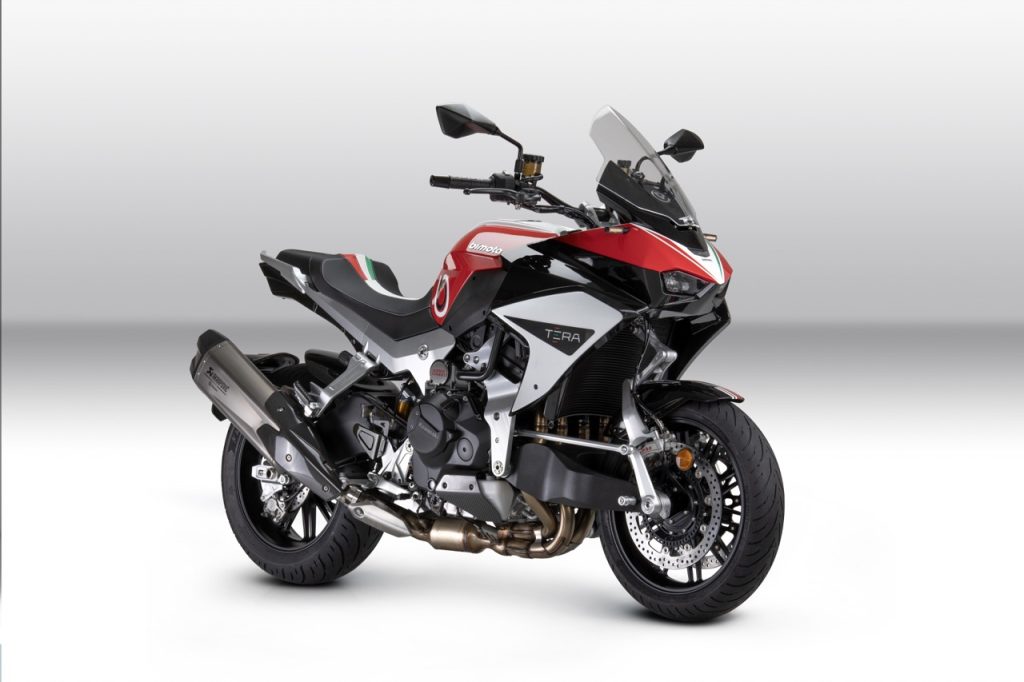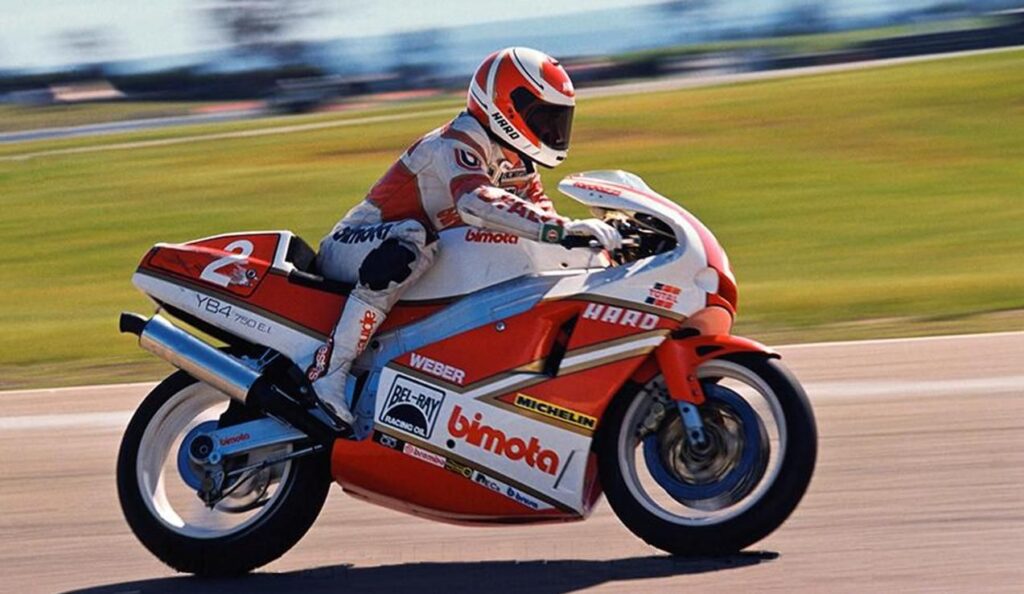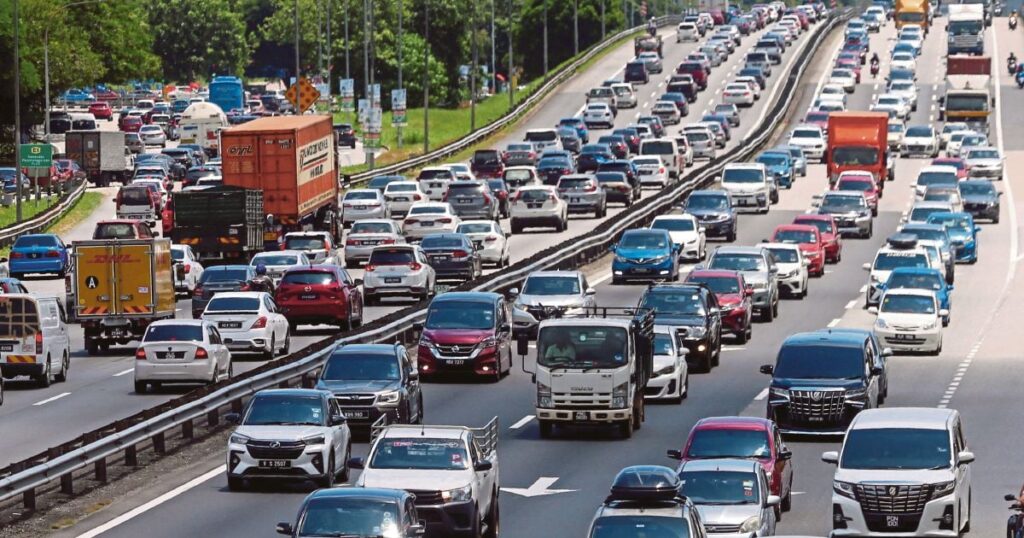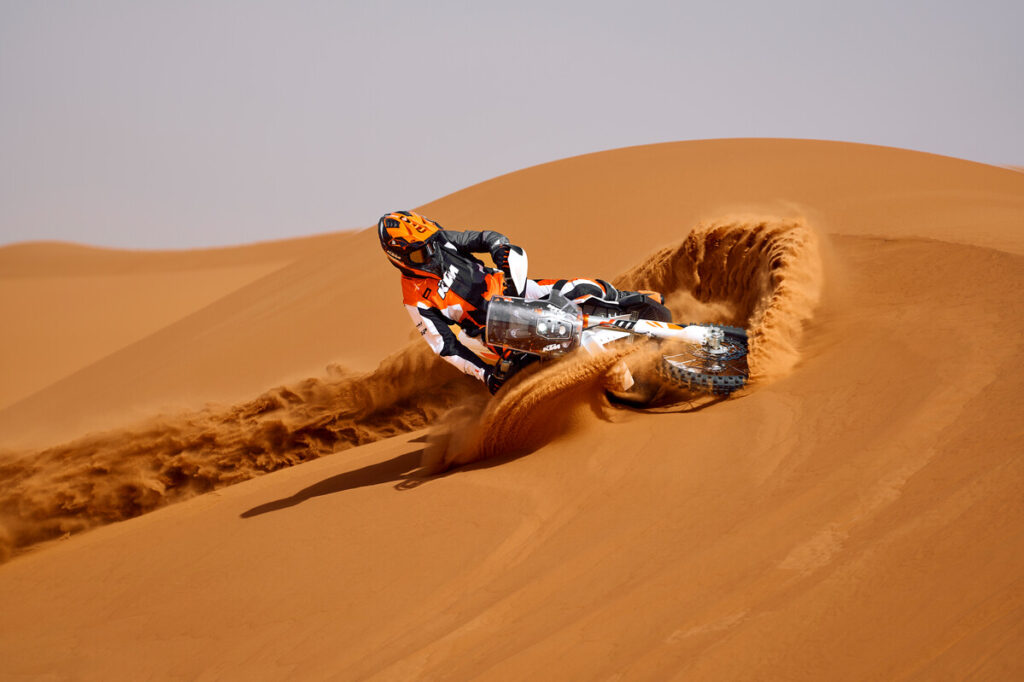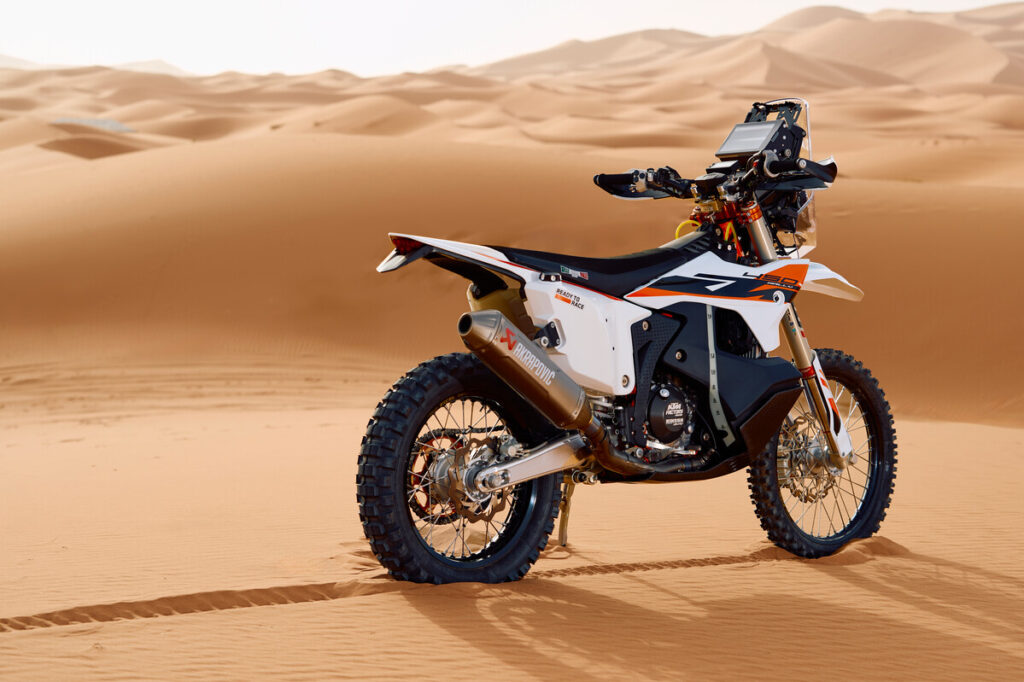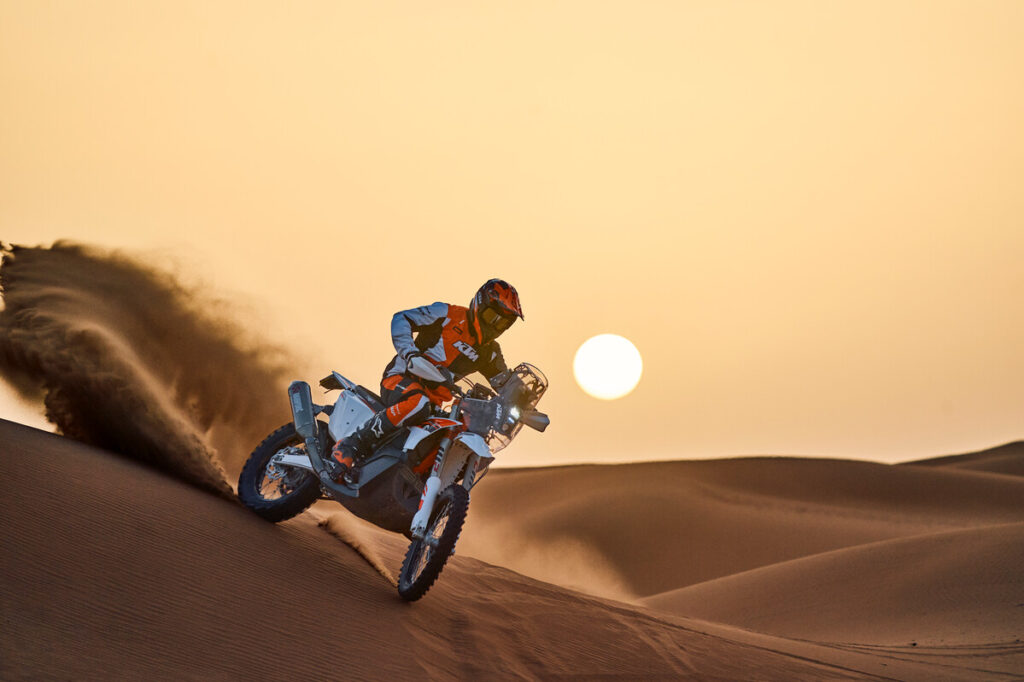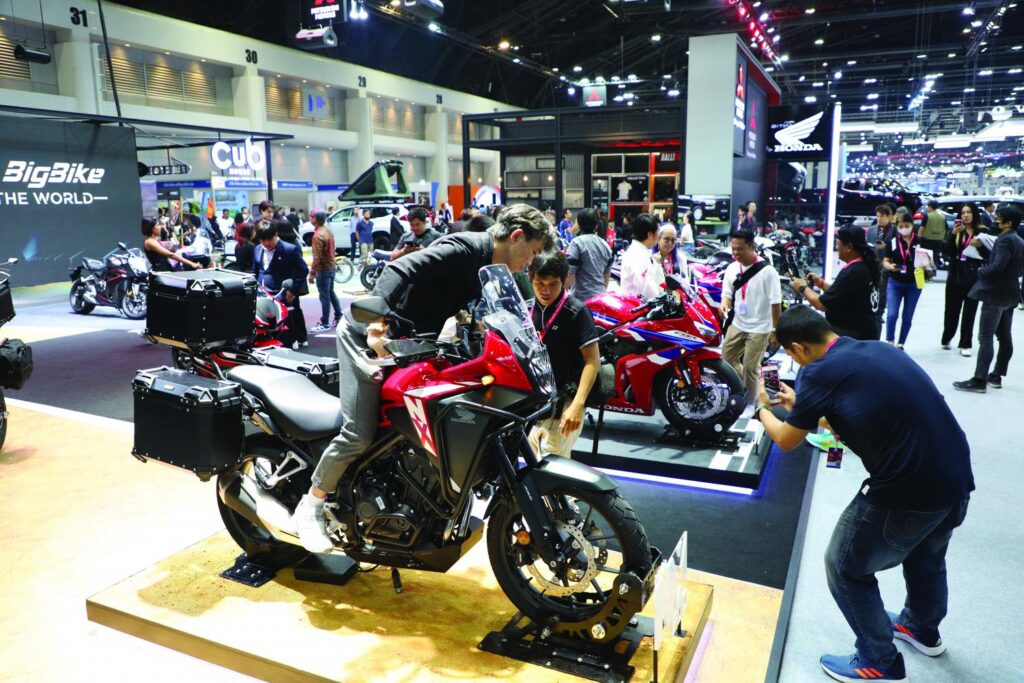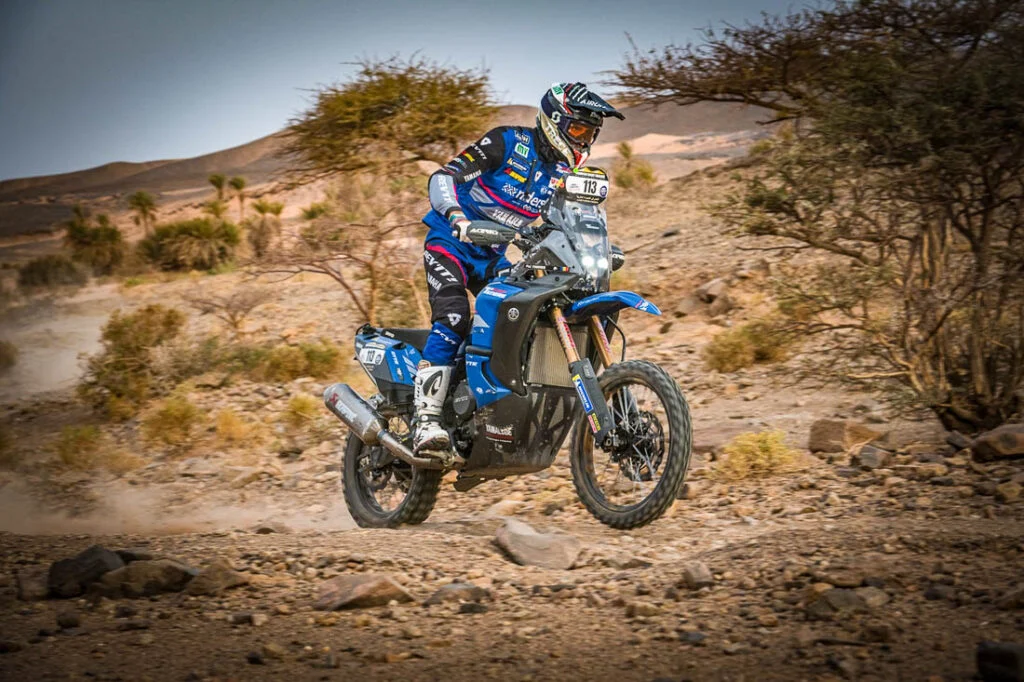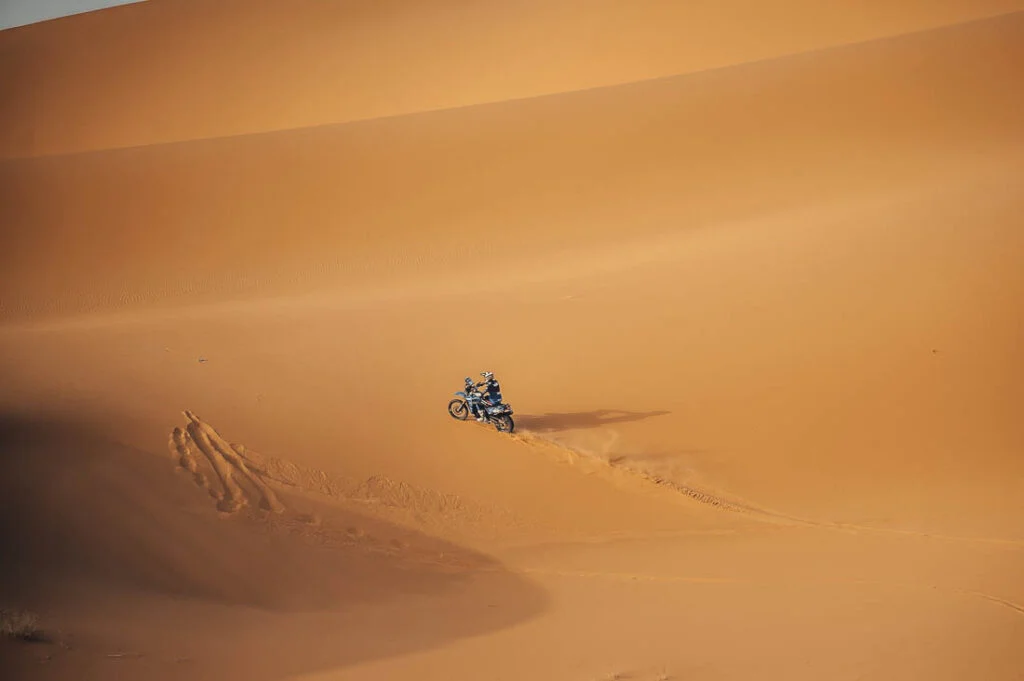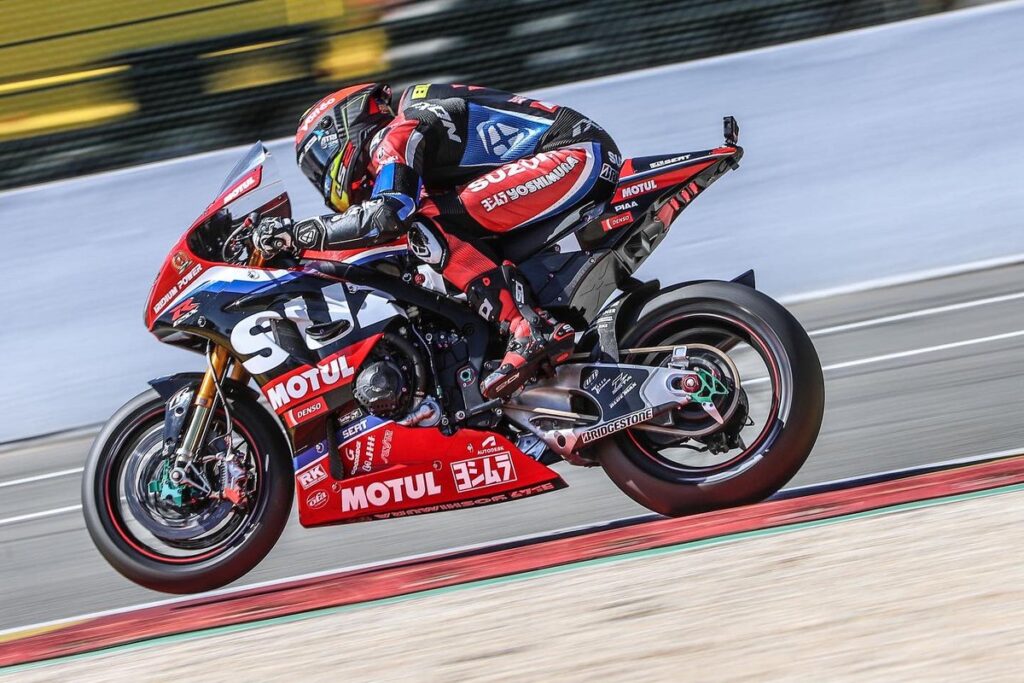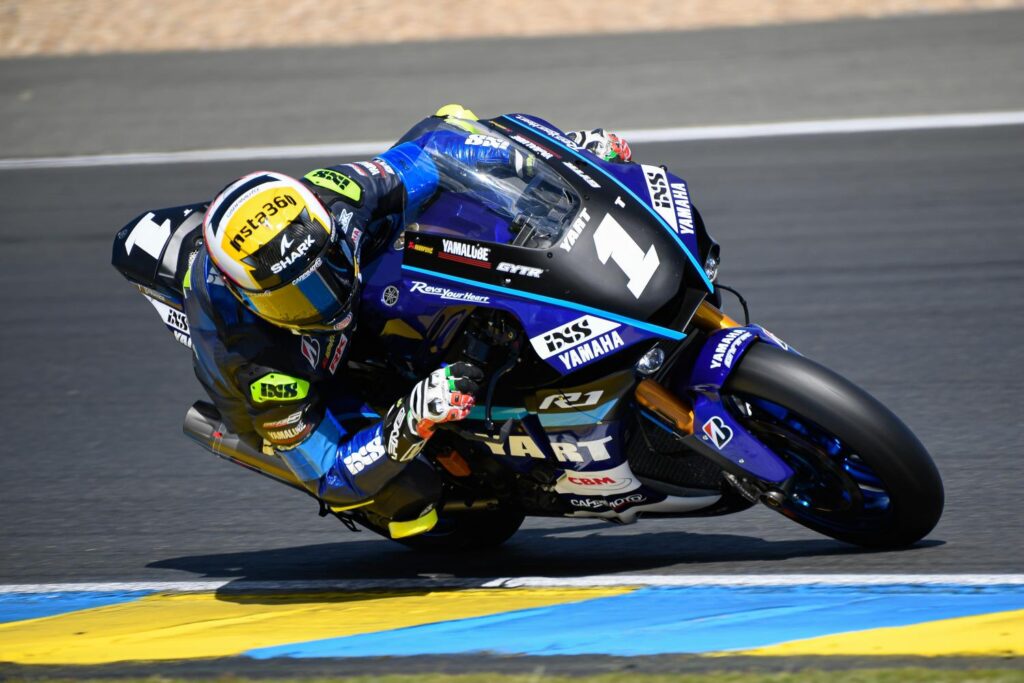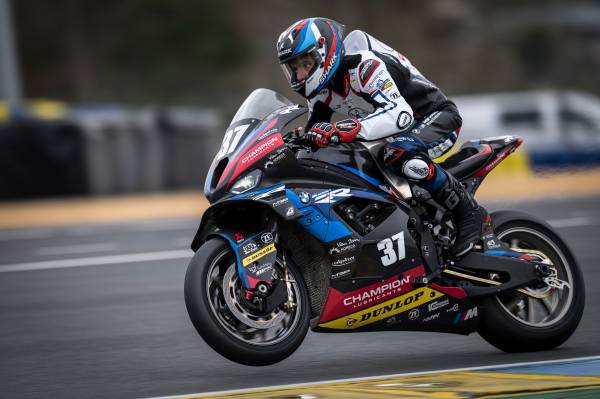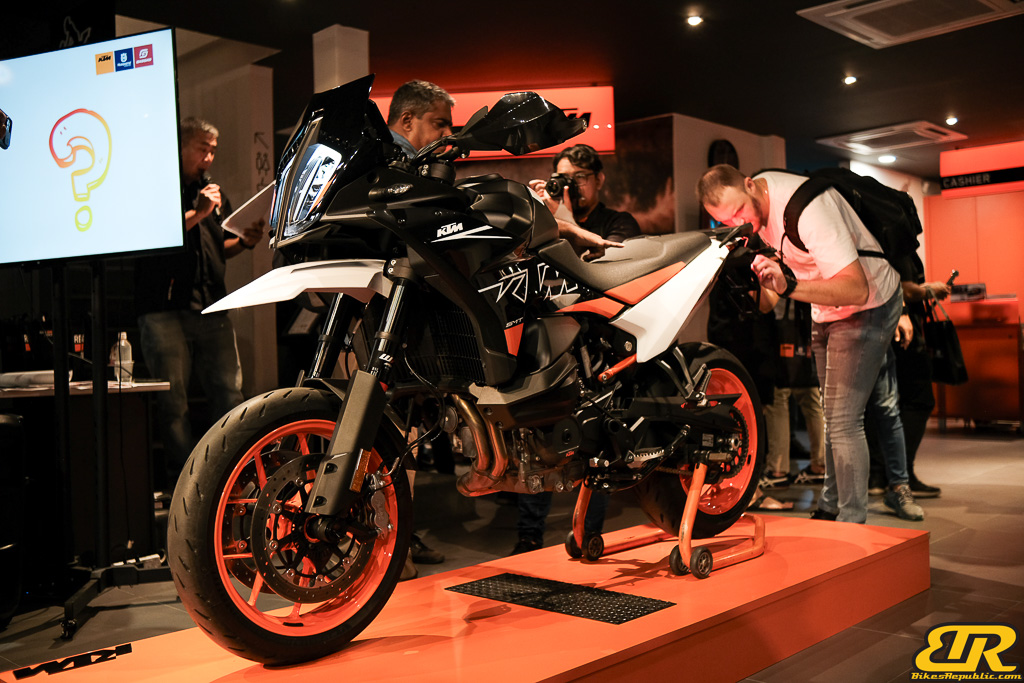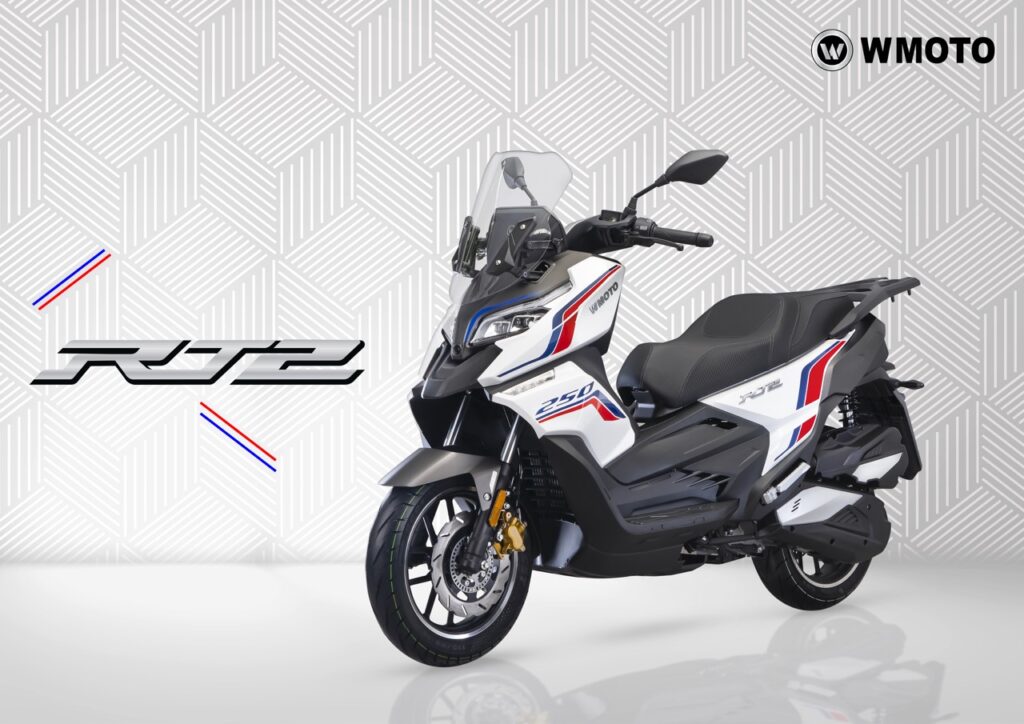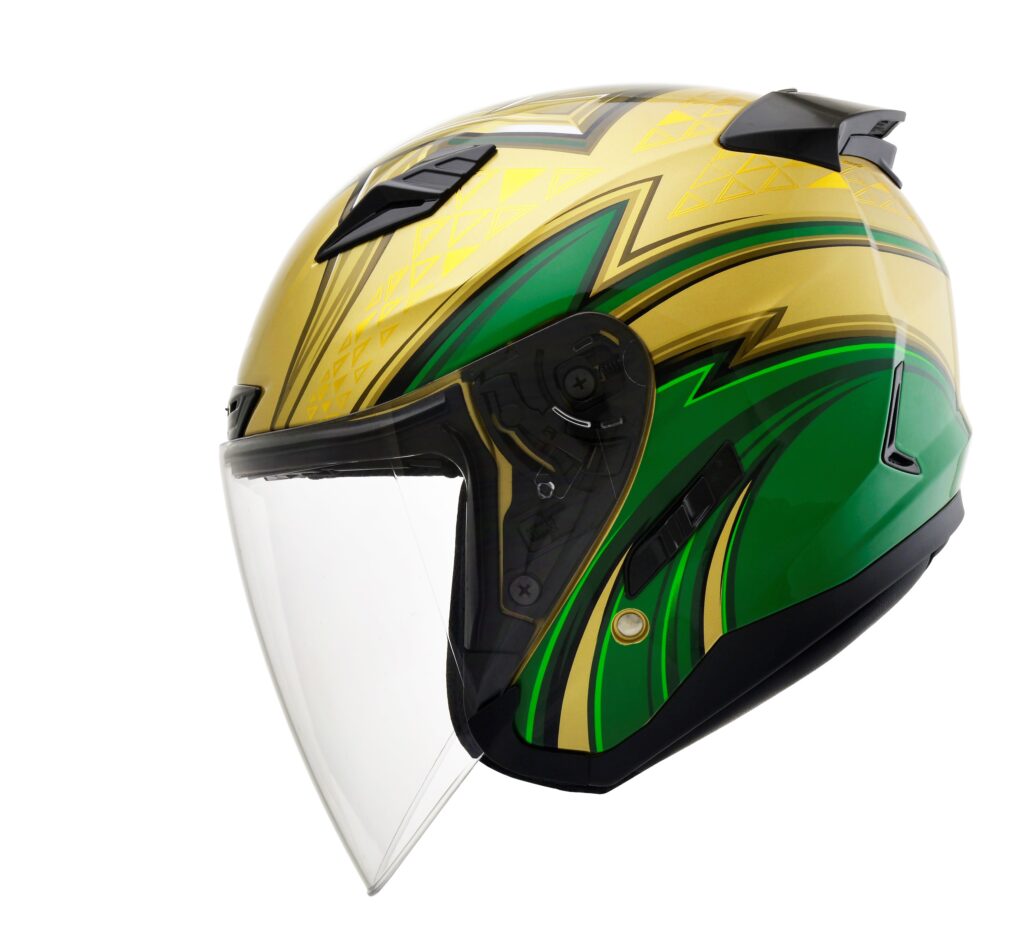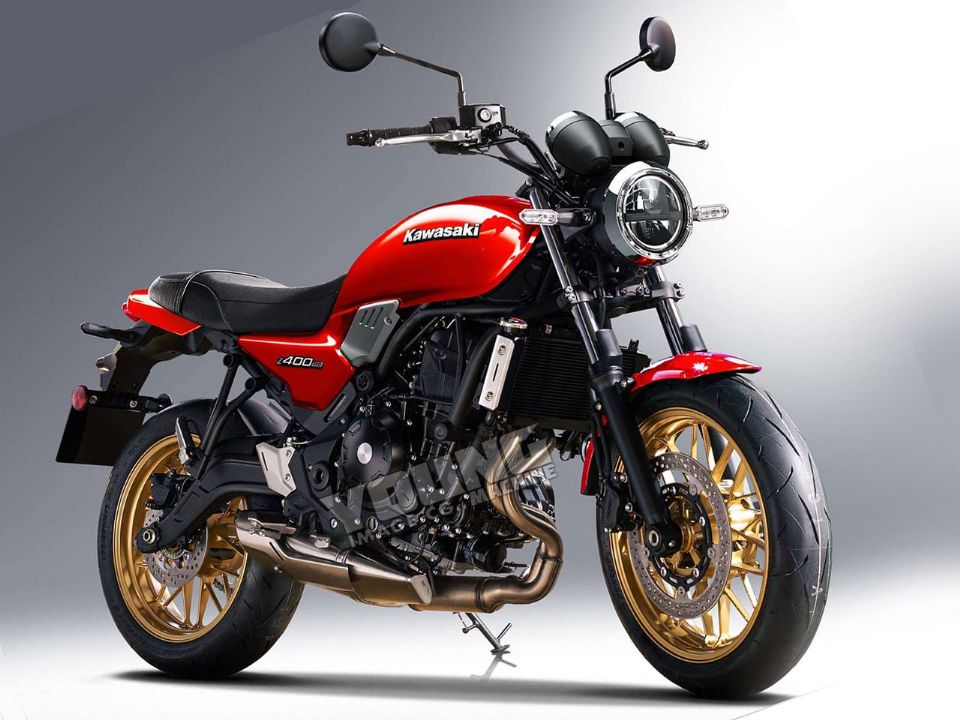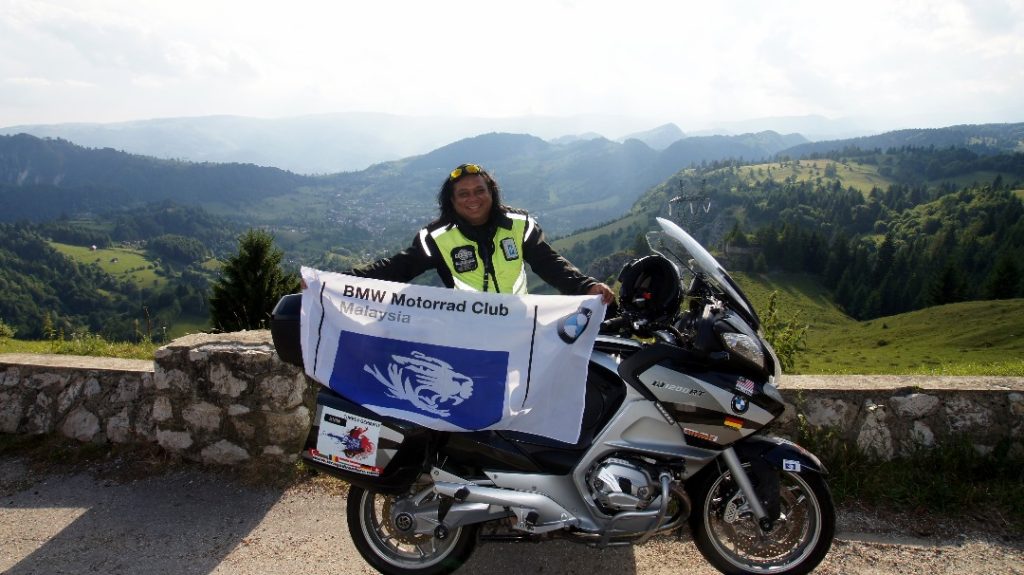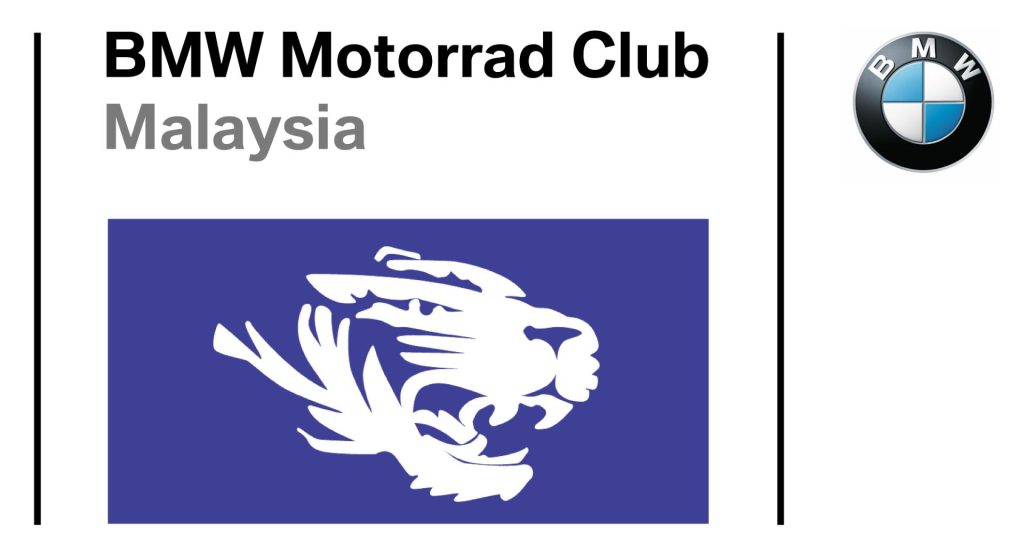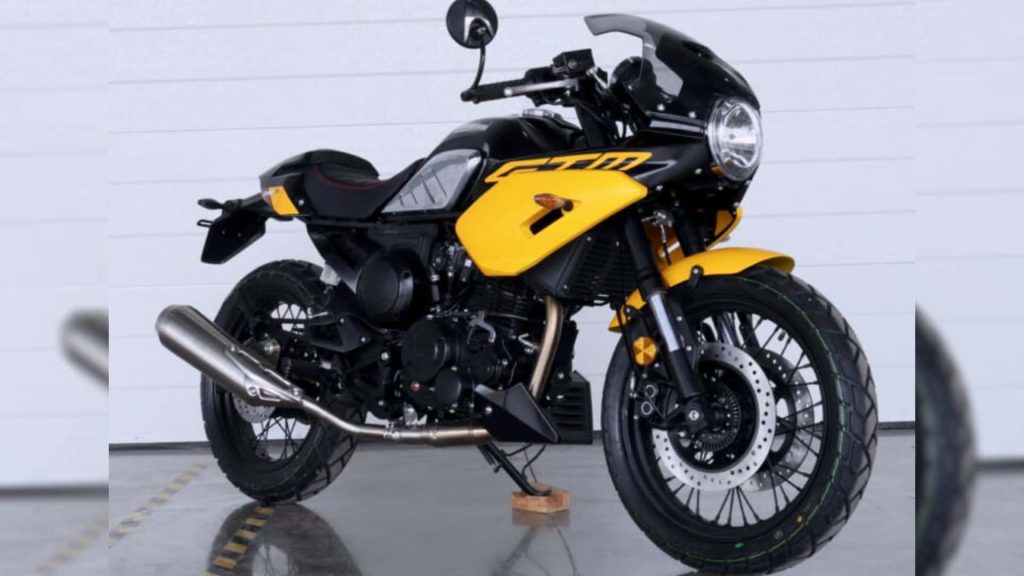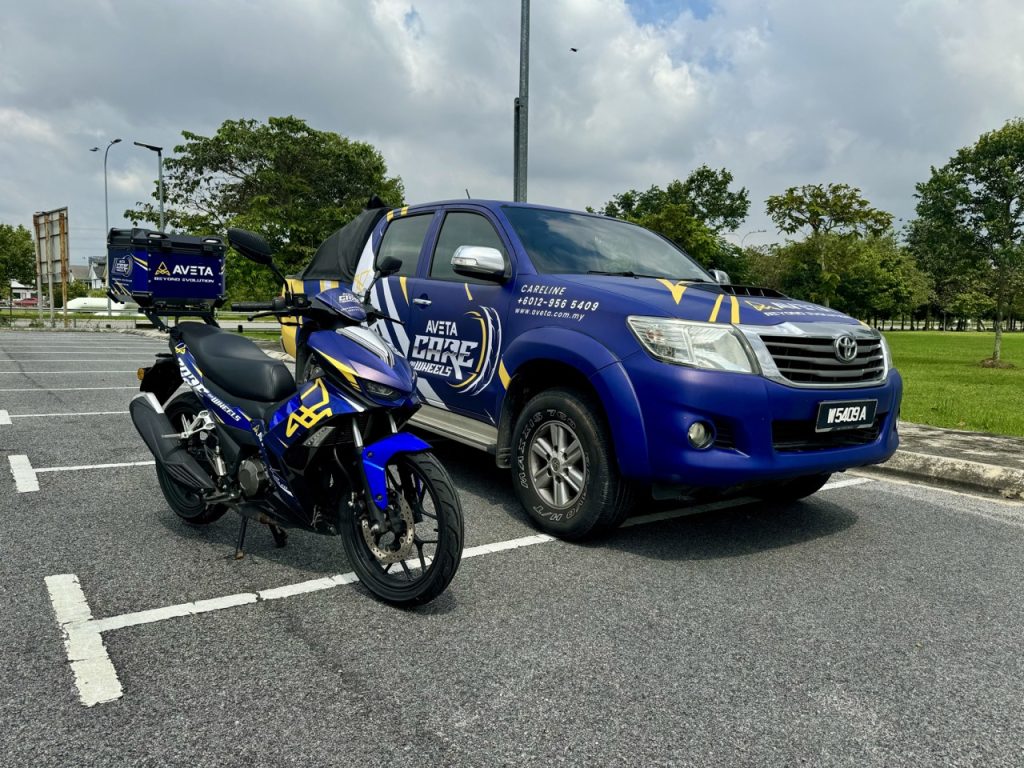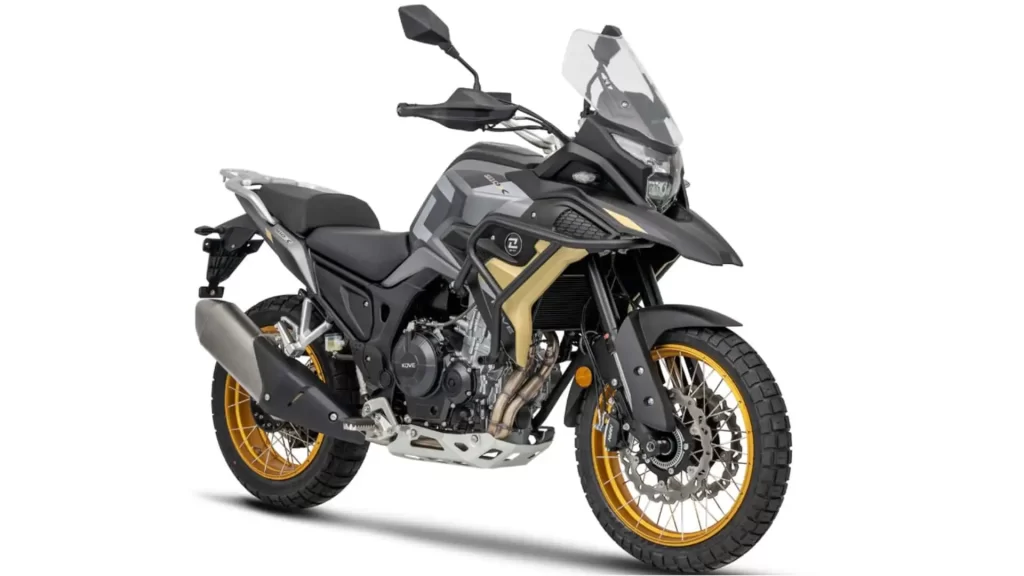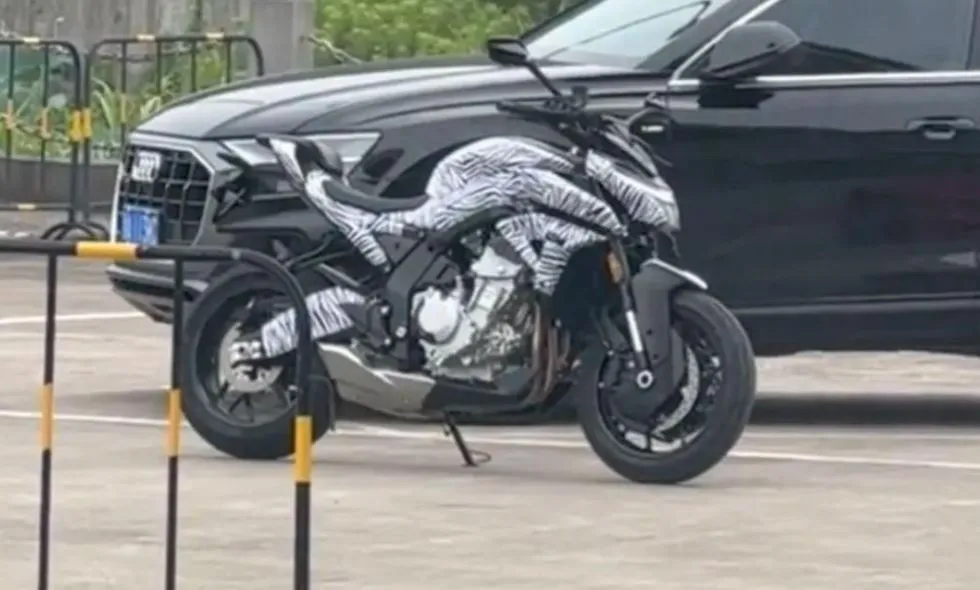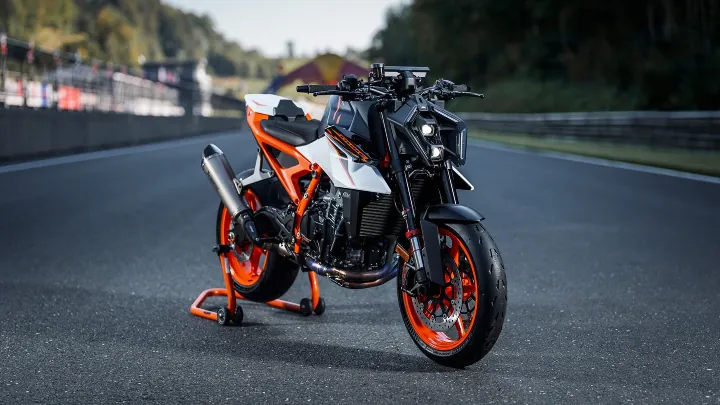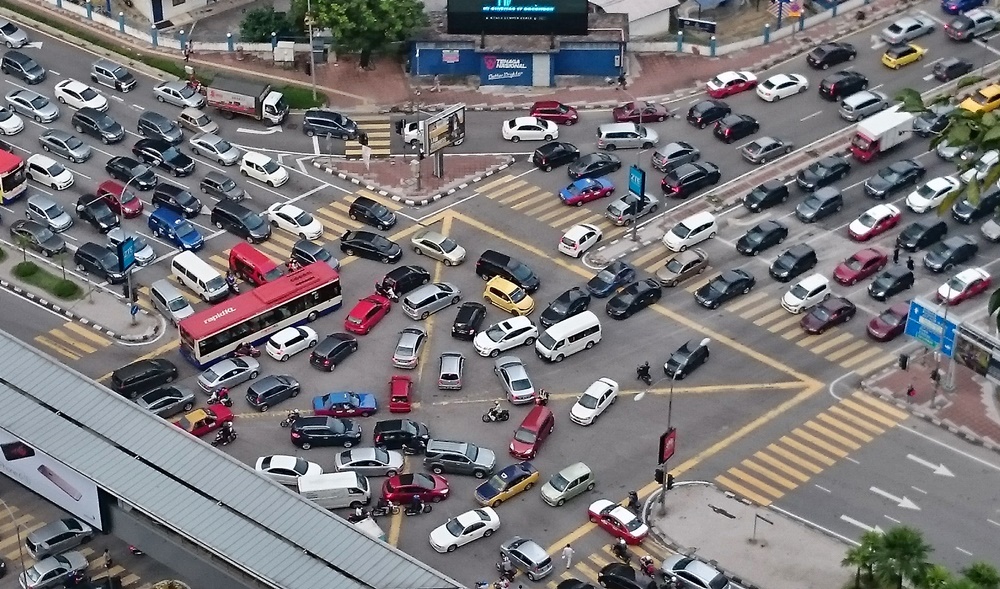We have decided to put together these 8 main reasons for traffic congestions in Malaysia, following the worst traffic congestion ever during last week’s Hari Raya Aidilfitri exodus.
There were news that some motorists were trapped on the road for up to 20 hours. Think of it… that is almost an entire day.
As usual, one person faulted this, another faulted that, so that why we thought of putting the main reasons down in one list. Yes, we know we kind of look like Captain Obvious here, but we wish to highlight these in case the authorities pick it up. It is a pipe dream, but who knows? Do let us know if we missed a point, or two.
1. Too many darn vehicles

One netizen said correctly that there are just too many vehicles for our roads to sustain, especially when everyone is travelling everywhere during festive seasons.
We only have to look at the number of new vehicle registrations (called Total Industry Volume/TIV) per year. A whopping 799,731 new vehicles went onto the roads in 2023, alone. That was a massive increase over the 720,658 in 2022.
Let us crunch some numbers. There are some 24 million active vehicles in Malaysia, while the total distance of paved roads in Malaysia is 160,392 km. (These numbers are approximate, of course, since the authorities did not publish the exact numbers.) So, 24,000,000 ÷ 160,392 = 149 vehicles per km. Let us add in the total sales from 2023: 24,799,731 ÷ 160,392 = 154 vehicles per km.
Of course, not every vehicle will be on the road at the same time in the same place, but let us average it out and assume 30% of all vehicles do hit the roads at once:
(24,799,731 x 30%) ÷ 160,392 = 7,439,919 ÷ 160,392 = 46 vehicles per km.
It is alarming to say the least.
2. Driver attitude
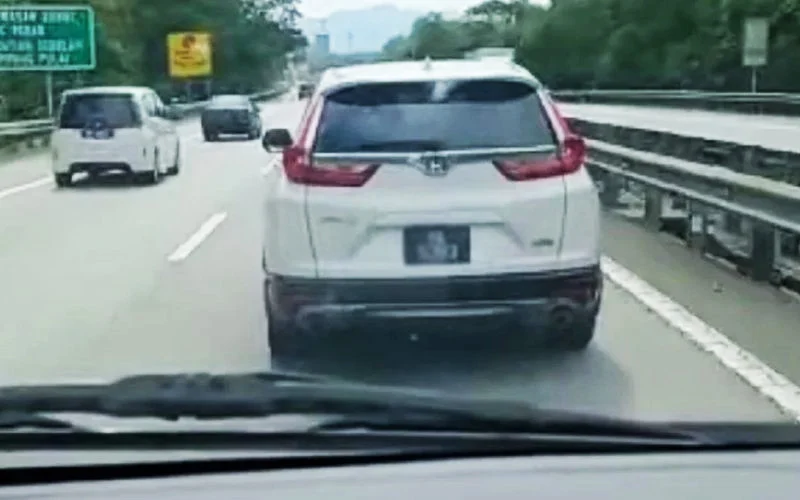
Okay, coming back to the road: Road hoggers, selfish individuals, unskilled drivers, or drivers with just no common sense are still plaguing our roads. Some drive with completely zero concept of assisting smoother traffic flow. Some drive like they own the roads. Some drive with no tolerance. Then there are the queue hoppers. There are just too many to list here.
3. Toll plazas
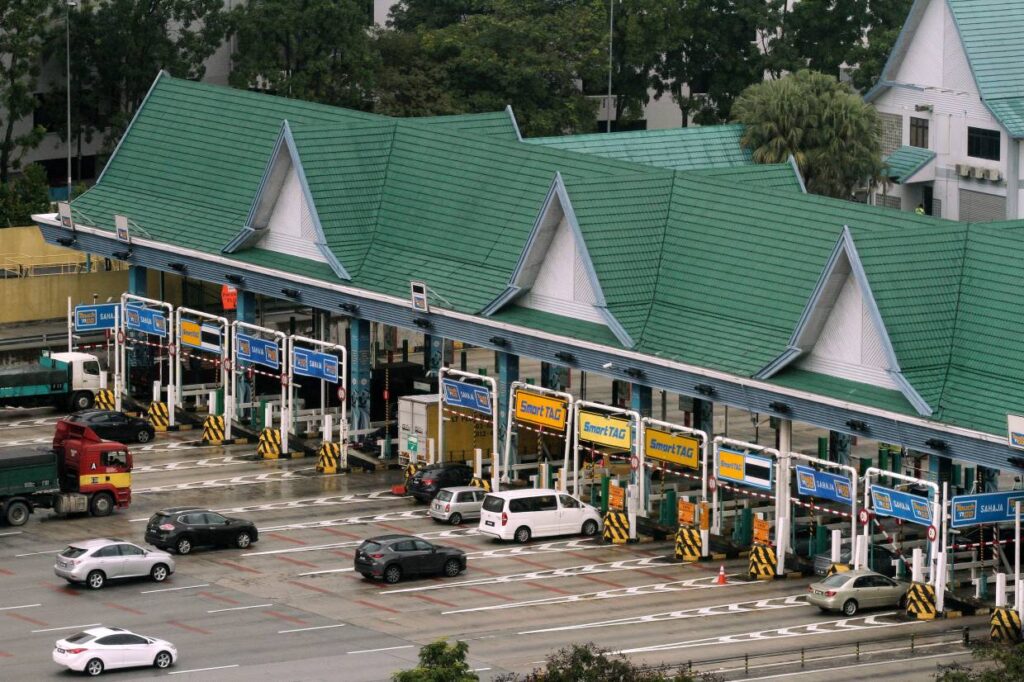
Toll plazas are relics in this days and age. Traffic has to slow down and fan out to multiple lanes, then converging back to fewer lanes thereafter. How many times have been caught waiting for hours to beep through only to get stuck again on the other side? Why the authorities are still dragging their feet to create a smooth flowing toll system like Singapore’s ERP is beyond us.
4. Not enough roads
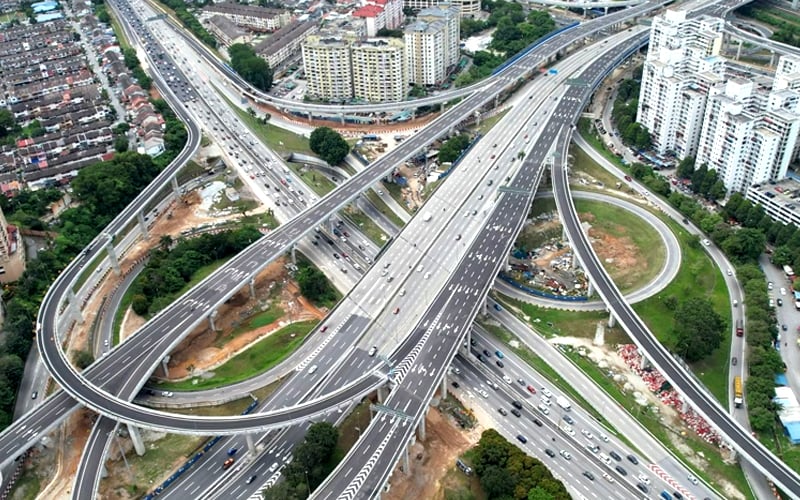
We will come right out and say that adding more roads or highways is not an end to and end. Roads and certainly highways take time to build, usually over years. As more and more new vehicles are added to the system each year, the new roads will still be inadequate by the time they are completed.
Certain areas around Kuala Lumpur are so crowded with on- and off-ramps for multiple highways that even navigation goes haywire.
5. Lack of a cohesive public transportation system
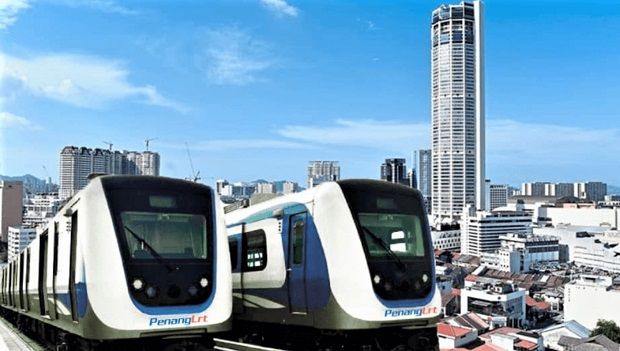
Talking about infrastructure, the government has been spending billions of Ringgit to upgrade, if not build more public transportation facilities. Yet, it is not enough. Compounding the problem is the lack of a cohesive system. To paint a broad picture, only certain areas are covered, while a majority are not. Public bus schedules are like some bad joke although the consortiums are promising higher frequency but their buses are caught in the jam. There is no proper last-mile (or km, if you wish) connectivity once one gets off the train and heads to the office. Heck, there is no proper pedestrian walkways 100 metres away from most stations, apart from those at hotspots.
So, what do people do when they are faced with these problems and more? Buy a car or bike!
6. Construction/Over-development
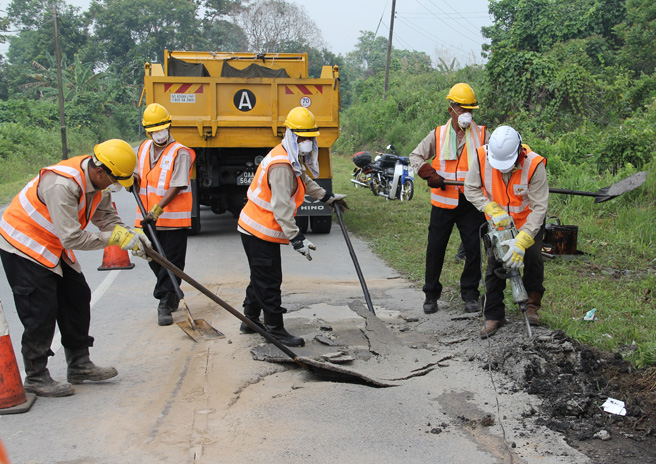
Road works or construction projects are no doubt another culprit that cause traffic to back up. This is also why we said that building more roads is not the final answer. Then add large construction projects that need to divert traffic and you have a congestion.
Apart from that, housing projects are being pushed further and further out of the city. (And ironically, every project flattens the jungle and then the developers call them “Eco.”)
Since these projects are way outside the reach of existing public transportation, residents will continue to use their own vehicles, if not adding more. Public transportation development could not catch up with so many projects going on everywhere.
7. Roads that do not favour smooth traffic flow
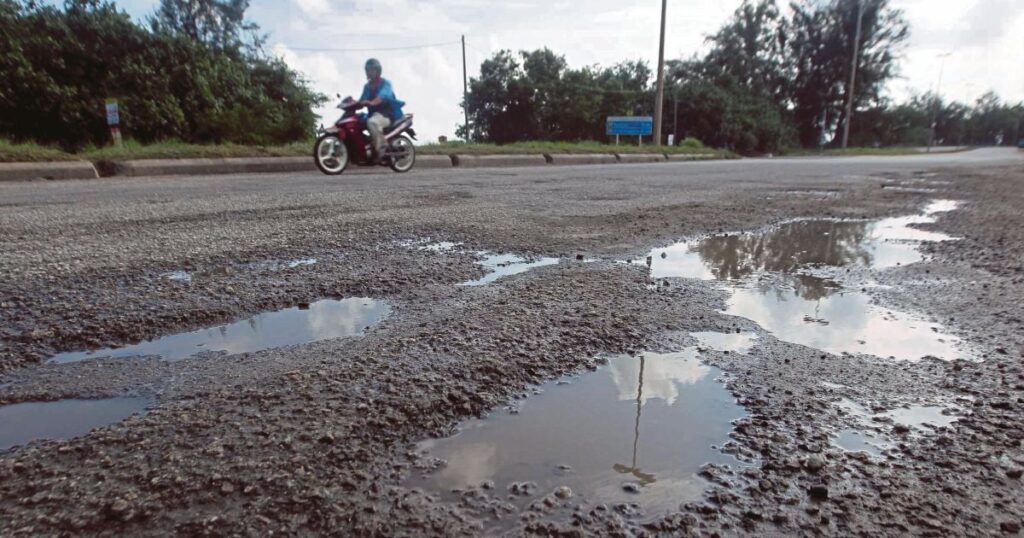
Some roads seem to exist merely because a road is needed. Unfortunately, some of these roads are the arteries that connect to main roads and they consist of many intersections, traffic lights, roundabouts, and speed bumps.
There are so many roads that see shoddy patching over potholes, that makes you think your car has just hit a hill or mountain.
8. Weather
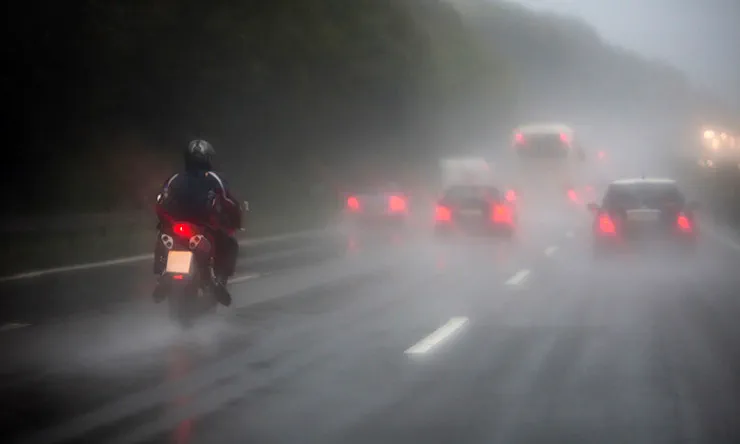
Granted, we cannot control the weather, but some drivers seem to be petrified of rain despite having four large contact patches and a roof over their heads, as if the road is covered with ice with engine oil as icing. Cars do not just slide off as soon as the road is wet. Please.
To be fair, there are places on our roads that grow huge deep puddles in thunderstorms and these can cause aquaplaning if approached too fast. Besides that, there are flash floods such as one a few days ag0 at the super busy Berjaya Times Square intersection. The water was as deep as the car’s bumper.
Conclusion
So there you have it, some of the major causes of traffic congestions in our country. There should be more factors, but it is already getting to long. We will see some suggestions for solutions in a future article. Ride and drive safe, everyone.




